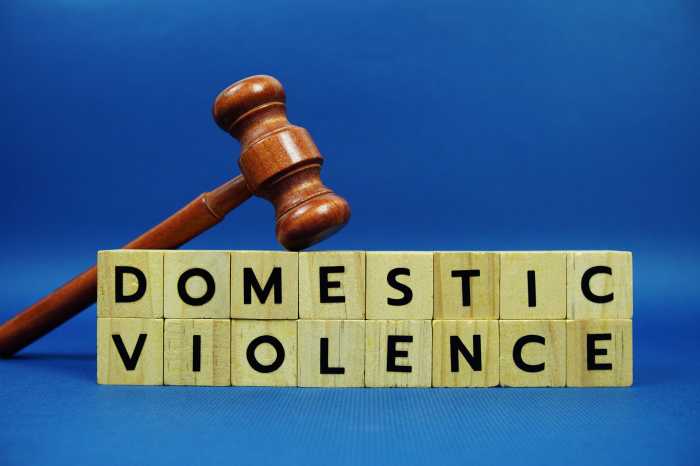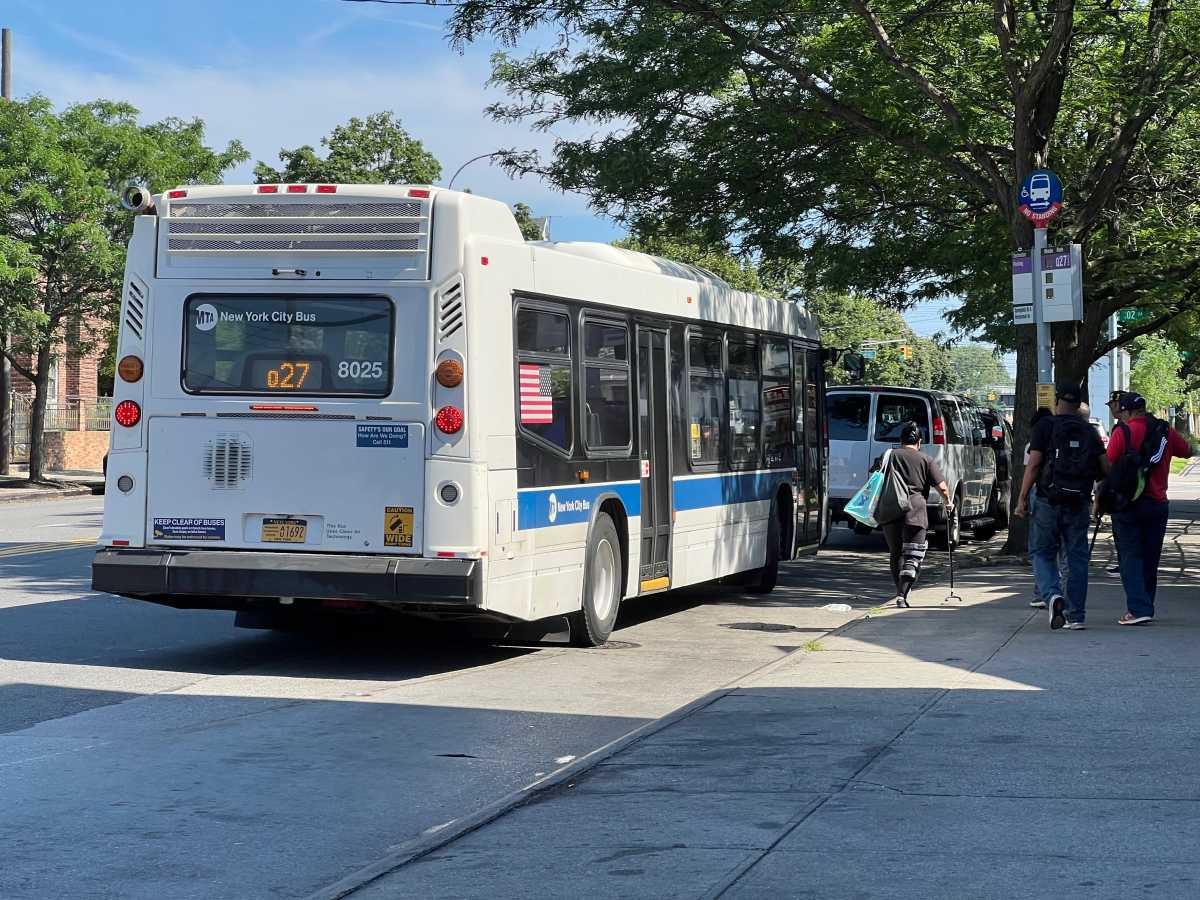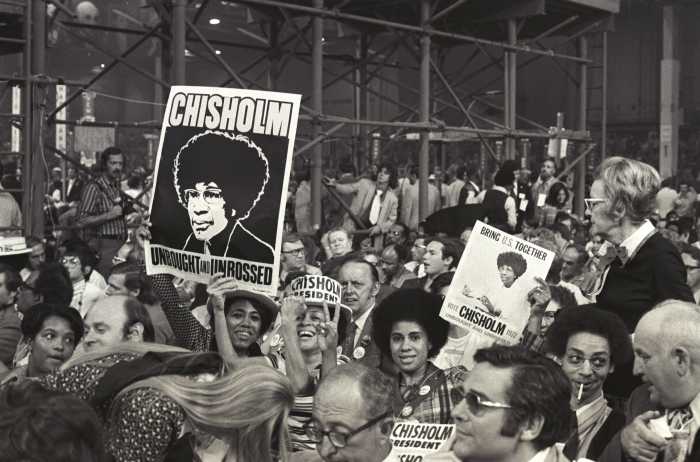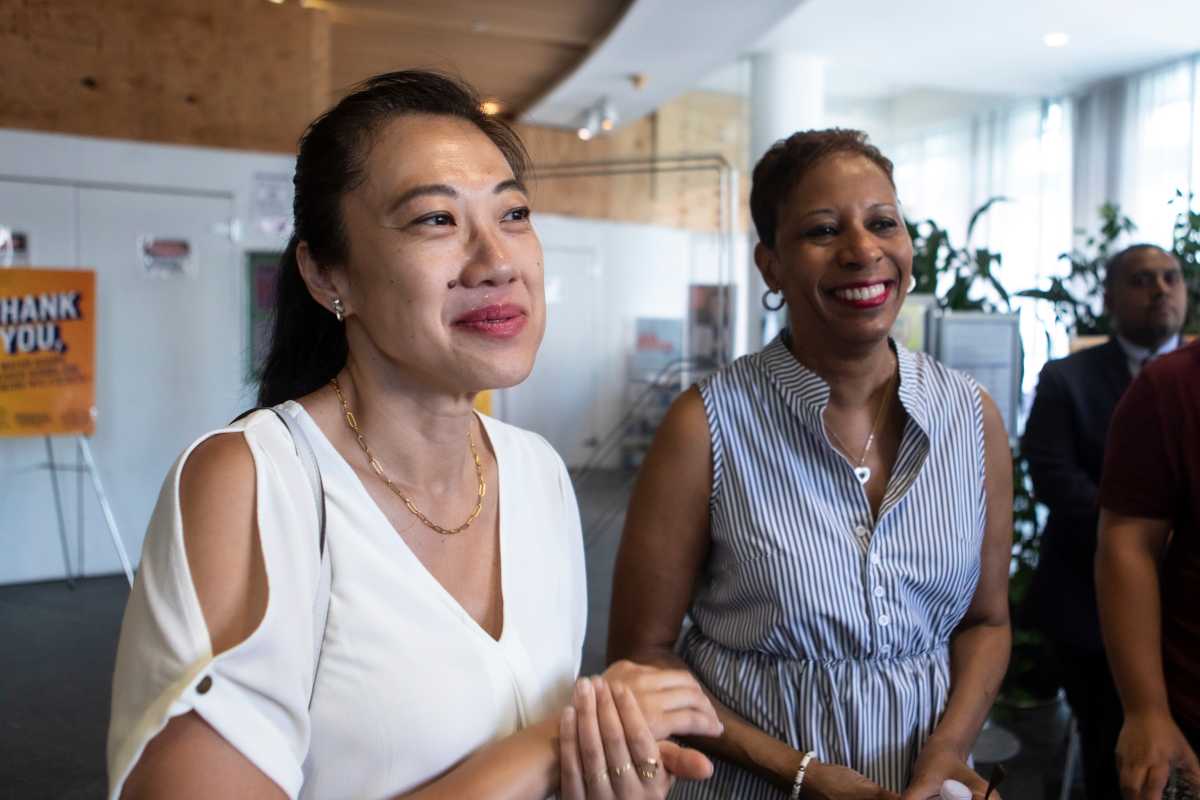Don’t pack your bags for Singapore yet.
The scheduled U.S.-North Korea summit may fall apart — at least a few predictable stumbling blocks are now in the way.
- Problem 1: Quiet diplomacy often works better than inflated rhetoric and over-eagerness. Never pop Champagne until you have the glasses in which to pour it and a partner with which to drink it.
- Problem 2: The ardent, anti-North Korea, deeply ideological National Security Adviser John Bolton might be the mouse that roars. Secretary of State Mike Pompeo, having visited North Korea twice and returned home with American hostages, should put down any internal resistance to the summit which should be enough of an insurance policy for the Dear Leader. Still, Bolton, a neoconservative to the right of Pompeo, could be too much for all sides to bear.
- Problem 3: The U.S.-South Korea military drills irked North Korean President Kim Jong Un, who seems to have imagined that the mere notion of a summit meeting would take any national security concerns off the table.
- Problem 4: But perhaps most dangerous to a successful summit is the U.S. decision to rip up the Iran nuclear pact — a sign that a deal is not a deal and that America will make promises and then break them. North Korea is watching how President Donald Trump handles commitments, or not.
Some suggest North Korea is getting cold feet and exploiting the differences within the administration. More likely, Kim is trying to bargain before the bargain as Trump does.
- Problem 5: Finally, there’s the China card. Trump made some abrupt U-turns on trade with China having promised to be “really, really tough” and then showing himself to be a paper tiger, which may signal to North Korea that the real deal is still with Beijing, not the United States.
If the summit goes south, Trump will have to search for another route to a Nobel Peace Prize. He could try making peace between Israelis and Palestinians but that would mean relocating the new embassy from Jerusalem. He could try brokering peace in Syria but that would mean having a policy. Maybe he could make a new trade pact with Mexico but that would mean giving up the wall.
None are likely.
Tara D. Sonenshine is former U.S. undersecretary of state for public diplomacy. She advises students at The George Washington University Elliott School of International Affairs.






































